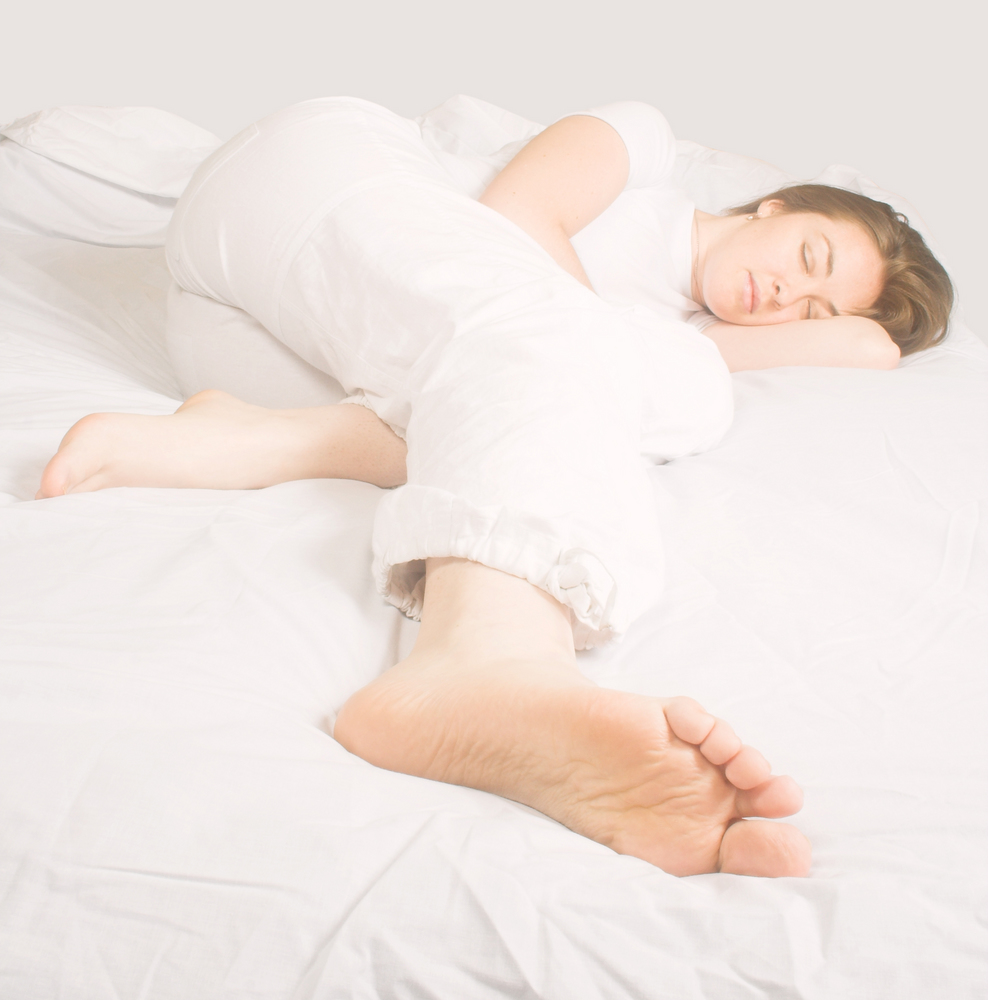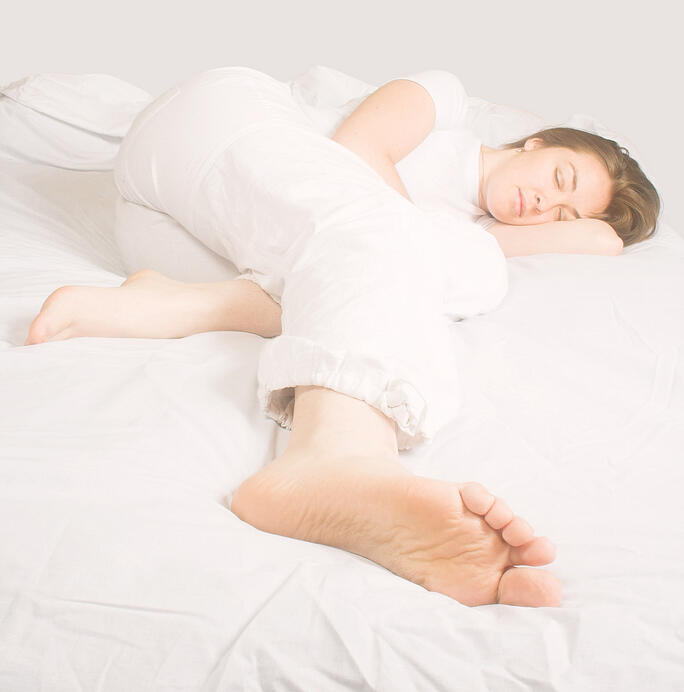
How you sleep can have a major impact on your body and mind. Each night, most people move between a variety of sleep positions. By examining your sleep position, you can gain insight into your psychological state. Here’s what your preferred sleep position says about your personality.
Psychology and Sleep
Getting adequate sleep can be beneficial for your brain health and mental state. Sleep is associated with memory, attention and the ability to retain information. A lack of sleep can impair your capacity for learning and critical thinking. Your mood may worsen due to sleep deprivation, as well. People who don’t sleep enough may feel irritable. Poor sleep can even increase your risk of developing depression. Sleep researchers have also examined the link between personality traits and sleep positions. Understanding the relationship between sleep and psychology can help you get enough rest.
Back Sleepers
Many people start their nights lying on their backs. However, it’s common to change positions while sleeping. You should be aware of these movements in order to fully understand what your sleeping position says about you. For example, sleeping on your back with your arms at your side is associated with having a reserved and quiet personality. On the other hand, if you sleep on your back with your arms outstretched or above your head, you might be outgoing and generous. Sleeping on your back can be beneficial if you have joint pain, particularly in your shoulders or hips. Nevertheless, it can also contribute to conditions like lower back pain and sleep apnea. Consider placing a small pillow under your knees for a more comfortable back sleeping position.
Side Sleepers
Sleeping on your side is a healthy choice for many individuals. People with digestive issues or back pain may benefit from this position. Furthermore, you can reduce snoring by sleeping on your side. In particular, many doctors recommend sleeping on the left side to their patients. If you sleep with your knees curled up, you may be a shy or sensitive person. Side-sleepers who stretch out their arms are said to be open-minded yet cynical. Try using a firm pillow to support your neck adequately when you sleep on your side. You can also place a pillow between your knees for improved hip and low back support.
Stomach Sleepers
In general, sleep experts recommend against stomach sleeping, as it places more stress on the neck and back. However, for some people, this may be the most comfortable position. Sleeping on your stomach can help with digestion and sleep apnea. In addition, if you sleep on your stomach with your arms outstretched, you might have a bold, outspoken personality. Try to change the way your head faces if you sleep on your belly to prevent neck strain. You should use a relatively flat and thin pillow and make sure you don’t rest on your arms or hands, which can cause numbness. You can place another small pillow under your hips if you need more back support.
Improved Sleeping
The best sleep position is one that you find sufficiently comfortable and enables you to get enough rest. A good night’s sleep can help you feel better physically and mentally. To improve your sleep habits, you should try to stick to a schedule and wake up around the same time each day. This can help you fall asleep more consistently. Avoid caffeine later in the day and don’t exercise immediately before bed. Make sure your bedroom is cool, dark and quiet to encourage quality sleep.
Sleep impacts the health of your brain and can affect your mental health. Furthermore, people with various personality traits may prefer different sleep positions. Learning about the links between sleep and psychology can help you understand how to get quality rest.
If you snore or stop breathing during the night, you need to speak with your PCP to see if a sleep study is right for you. Alaska Sleep Clinic is the 2021-22 Best Sleep Lab in Alaska, voted on by Alaskans. Find out why your friend, family and neighbors trust us with their family’s sleep health.












